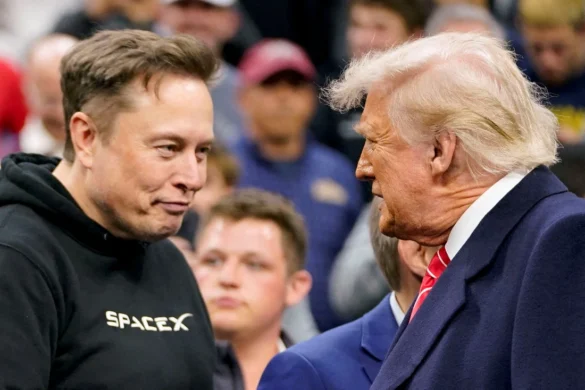The US Justice Department on Thursday rescinded an Obama administration policy that had eased enforcement of federal marijuana laws in states that legalised the drug, instead giving federal prosecutors wide latitude on pursuing criminal charges.
The action by Attorney General Jeff Sessions could have damaging consequences on the burgeoning marijuana industry in the six states including California and Colorado that have legalised the drug for recreational use, plus dozens of others that permit medicinal use.
Justice Department officials who briefed reporters about the policy change declined to say whether the department might take legal action against those states, saying further steps were “still under consideration.”
Sessions, known as a strong opponent of legalising marijuana, stopped short of directly encouraging US prosecutors to bring marijuana cases.
His action, outlined in a one-page memo, drew condemnation from marijuana legalization advocates and politicians in both parties who said it trampled on the rights of voters in states where the drug is now legal and created uncertainty about how strictly federal drugs laws will be enforced.
The announcement came three days after California formally launched the world’s largest regulated commercial market for recreational marijuana.
The administration’s move raised questions about how it might impact tax revenues in states that permit some form of legal marijuana use.
It also created uncertainty for banks, which have already been fearful about having a business relationship with the marijuana industry due to concerns they might run afoul of anti-money laundering rules.
The policy put in place under Democratic former President Barack Obama, outlined by then-Deputy Attorney General James Cole in a series of memos, recognized marijuana as a “dangerous drug,” but said the Justice Department expected states and localities that authorized various uses of the drug to effectively regulate and police it.
The Obama-era policy had discouraged federal prosecutors from pursuing marijuana-related criminal crimes in states that had legalised the drug. The Trump administration policy gives federal prosecutors around the country discretion to enforce the existing federal ban on marijuana.
There has been a surge in legalisation of marijuana in US states in recent years. Other states that permit the regulated sale of marijuana for recreational use also include Washington, Oregon, Alaska, and Nevada. Massachusetts and Maine are on track to do so this year.
California Lieutenant Governor Gavin Newsom, a Democrat, said his state will pursue “all legal, legislative and political options to protect its reforms and its rights as a state.” He said the Trump administration’s position “defies facts and logic.”
Republican Senator Cory Gardner of Colorado said on Twitter that the administration’s action “directly contradicts what Attorney General Sessions told me prior to his confirmation.”
Gardner added that he would take all steps necessary to fight the measure, including possibly holding up the Senate from voting on pending Justice Department nominees.
The administration’s action seemed incongruous with comments that Trump made during the 2016 presidential campaign. Trump told a TV news reporter that the decision to legalise marijuana should be left “up to the states.”




